Tag: United Nations

Internet shutdowns now ‘entrenched’ in certain regions, rights council hears
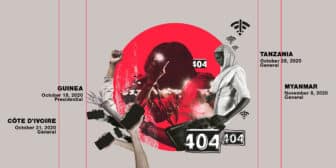
U.N. propels internet shutdowns into the spotlight, calls on key stakeholders to act
Access Now is thrilled to promote a new addendum report to the United Nations Human Rights Council on the pressing need to combat internet shutdowns globally.

U.N. declaration: Egypt’s attack on civil society must desist
Access Now joins the Cairo Institute for Human Rights Studies (CIHRS) and civil society organizations from around the world in welcoming and supporting a joint declaration by U.N. member states condemning the deteriorating human rights situation in Egypt — both online and off.
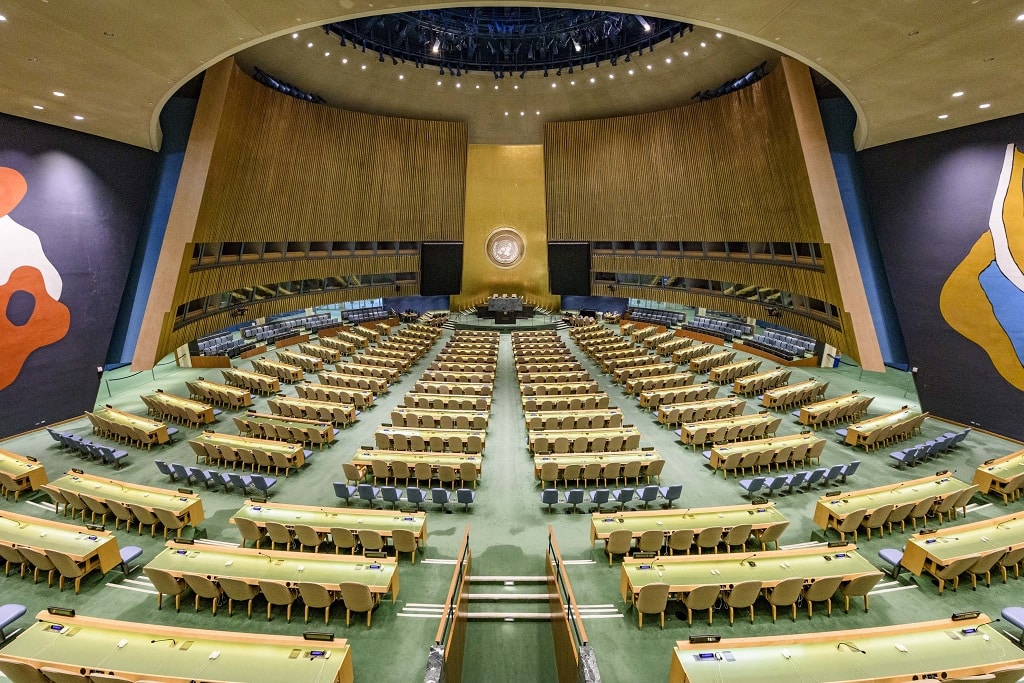
At U.N. meeting, Access Now stresses cybersecurity must center and protect civil society
At a meeting Tuesday of the United Nations Open-ended Working Group (OEWG), we provided civil society input on a proposed report that addresses cybersecurity. We strongly support the OEWG report, but we believe governments can do better.

Human rights abuses in Egypt: U.N. must hold authorities accountable
Access Now is joining over 100 civil society and human rights organizations from around the world in calling on governments to take action on Egypt’s human rights crisis.
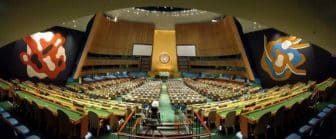
To protect privacy in the digital age, world governments can and must do more
The latest U.N. privacy resolution does not go far enough, missing the opportunity to respond firmly to the human rights threats posed by systemic racism, artificial intelligence, facial recognition technology, and other key technological and social developments.
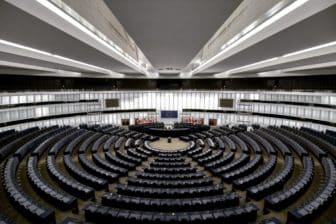
#UN75: ‘Moving forward, the UN should continue to provide access through accessible virtual platforms’
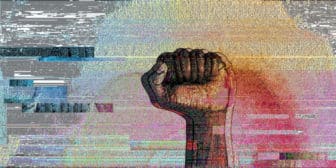
Can human rights survive the digital age? Only if we do these things
“We’re at a human rights tipping point.” On Human Rights Day of 2020, Access Now’s Brett Solomon maps out a pathway to take us to a full implementation and vindication of these rights, not just in principle, but in policy and practice.
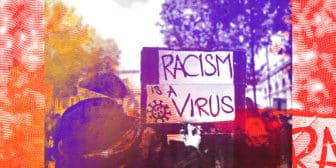
Fighting systemic racism in the digital age: a global challenge
On Human Rights Day of 2020, we highlight the mandate of E. Tendayi Achiume, the United Nations Special Rapporteur on contemporary forms of racism, racial discrimination, xenophobia and related intolerance to fight systematic racism.
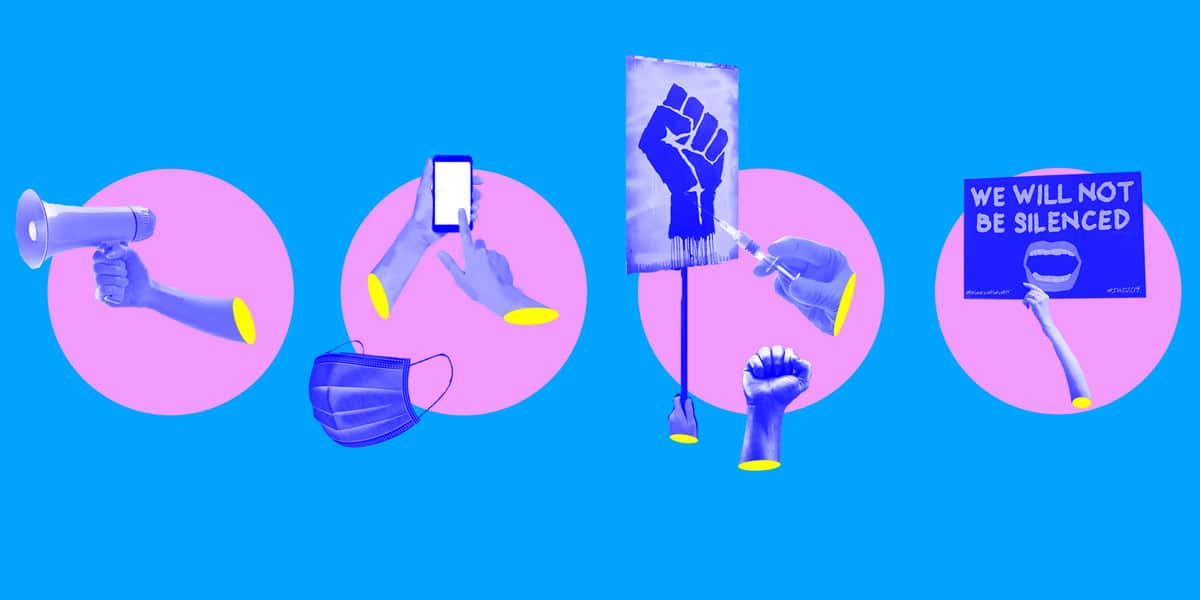
Human rights groups to U.N. High Commissioner: U.S. police violence against anti-racism protesters rampant
Calling attention to the U.S. Government’s violent response to peaceful protests against racism, human rights organizations join forces to send a joint submission to the U.N. High Commissioner for Human Rights urging immediate action.